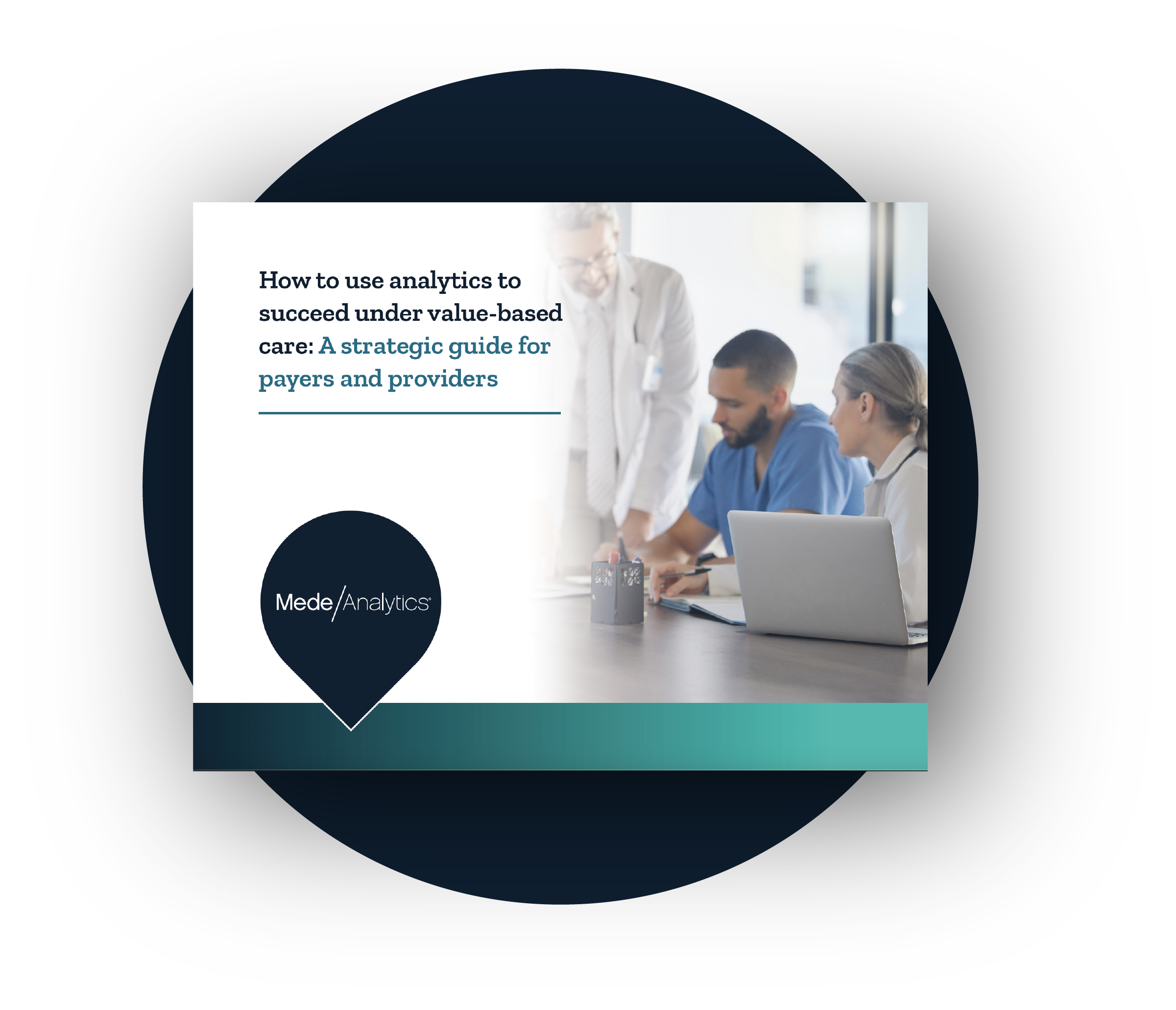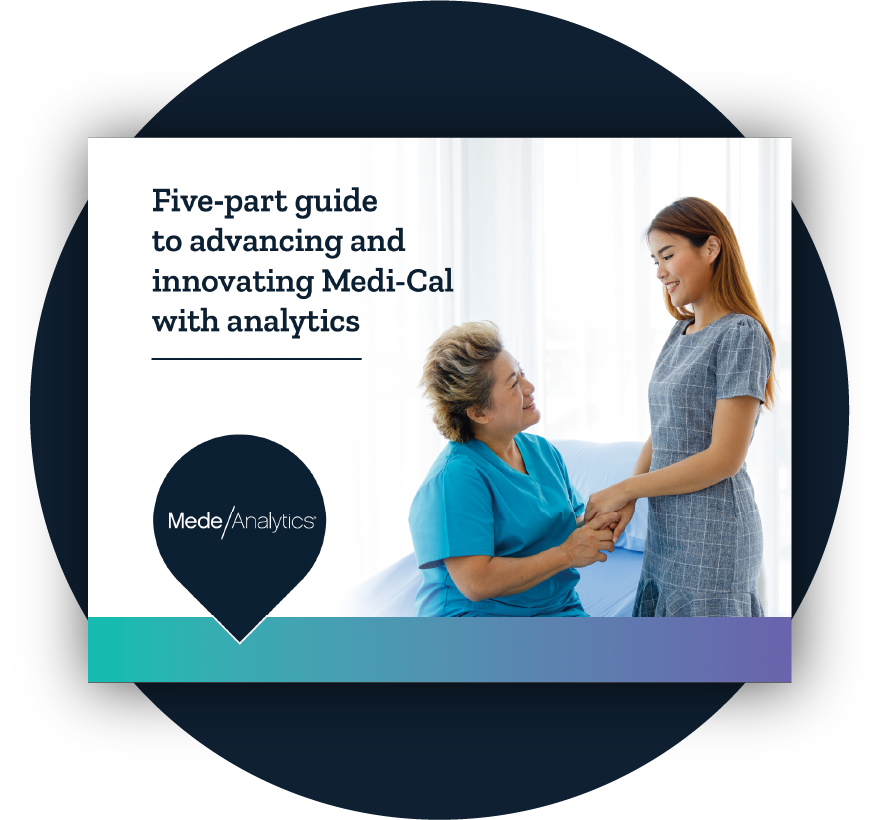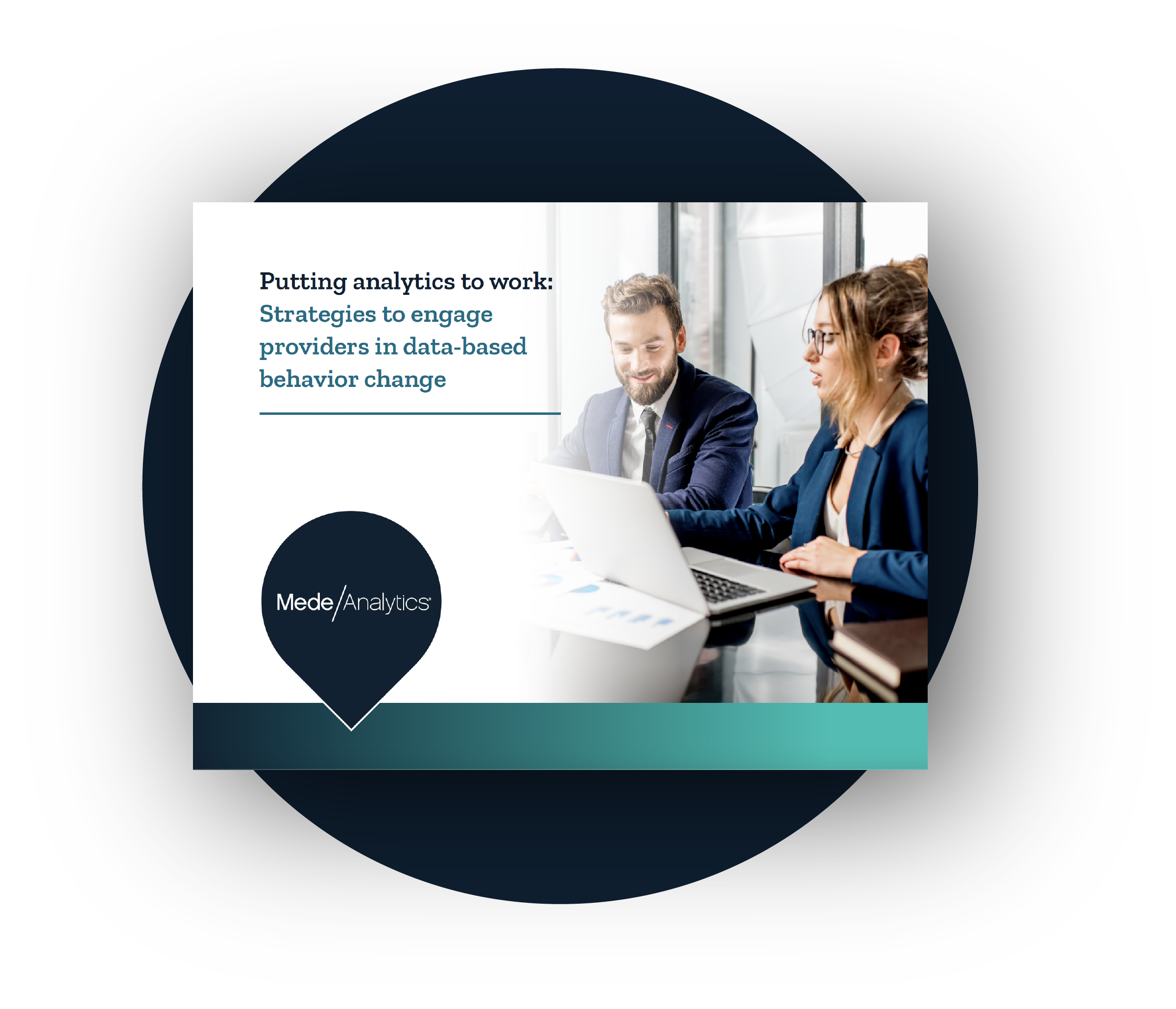eBooks
Act now: Addressing the Employer-sponsored healthcare crisis
Employer-sponsored healthcare is facing a critical challenge. This ebook examines the current landscape of employer-sponsored health insurance and offers a roadmap to controlling costs and achieving improved outcomes, demonstrating how a restructured healthcare spending strategy can generate substantial long-term savings.
Shaping health outcomes with social risk insights
Members/patients experience the majority of their life outside of healthcare settings. If you are only collecting and analyzing data when they are under your supervision, you’re only accessing a fraction of the information you need to make smart outreach and intervention decisions. Instead, get ahead of the curve by integrating clinical, claims and SDOH data to assess social risk.

The transition from CMS-HCC V24 to V28: Impacts and strategic steps
The Centers for Medicare & Medicaid Services (CMS) recently announced a significant transition in its risk adjustment model, moving from Version 24 (V24) to Version 28 (V28). Effective January 1, 2024, this change impacts Medicare Advantage (MA) plans, accountable care organizations (ACOs), and other populations within the healthcare system.

A payer’s guide to administering value-based arrangements
Value-based contracts can be highly varied and complex with different payment models and levels of risk. Success in the expansion of value-based care hinges on payers’ ability to operationalize and automate the alignment of incentives and outcomes.

Five predictions for healthcare analytics and AI
Healthcare leaders increasingly realize the tremendous potential in artificial intelligence (AI) and analytics to deliver on the promise of high-quality care at a low cost. These innovations provide essential opportunities to empower executives, business leaders, clinicians and nurses with the power of predictive and prescriptive analytics to inform their decision-making.

How to use analytics to succeed under value-based care
Post-pandemic pressures and pain points, including clinician burnout and massive health inequities, have accelerated the transition from fee-for-service to value-based care. Despite the ultimate benefits, moving to a value-driven system can be challenging for healthcare organizations, so we've built a strategic guide to help payers and providers along the way.

Five-part guide to advancing and innovating Medi-Cal with analytics
Advanced analytics has the potential to help health plans quickly adapt to this vast CalAIM plan by transforming data into actionable insights, driving administrative efficiency, improving the cost and quality of care, enhancing revenue growth, and moving the industry forward.

Putting analytics to work: Strategies to engage providers in data-based behavior change
Regulatory changes in the healthcare industry have shifted expectations and priorities for health plans working on value-based care arrangements. Despite the strong efforts of plans to build transparency and collaboration with providers, they have struggled to access and apply the data necessary to rally disparate groups into action.
Want to talk with one of our experts?

